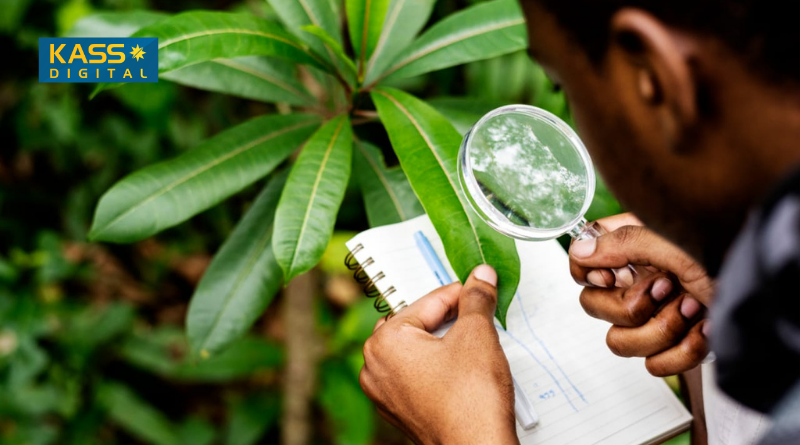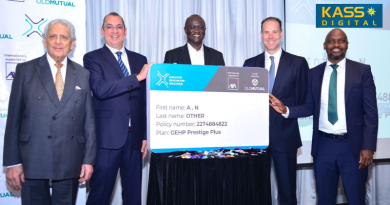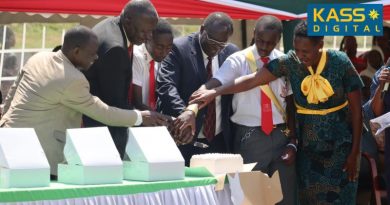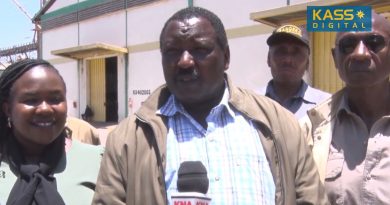Nakuru Hosts 5-Day Festival on Agricultural Research and Innovation.
By Chemtai Kirui, Nakuru, Kenya.
The National Research Festival 2025 is underway at Egerton University in Njoro, Nakuru County, bringing together scientists, innovators, and policymakers to drive solutions for food security, climate change, and sustainable development.
The five-day event, which began yesterday, is showcasing new research, grassroots innovations, and policy dialogues aimed at bridging the gap between laboratories and farms.
Speaking at the opening ceremony, Prof. Shaukat Abdulrazak, Principal Secretary for Science Research and Innovation, said the country is building a research ecosystem that is “both homegrown and globally relevant,” adding that science must be measured by its ability to transform daily lives rather than only by publications or patents.
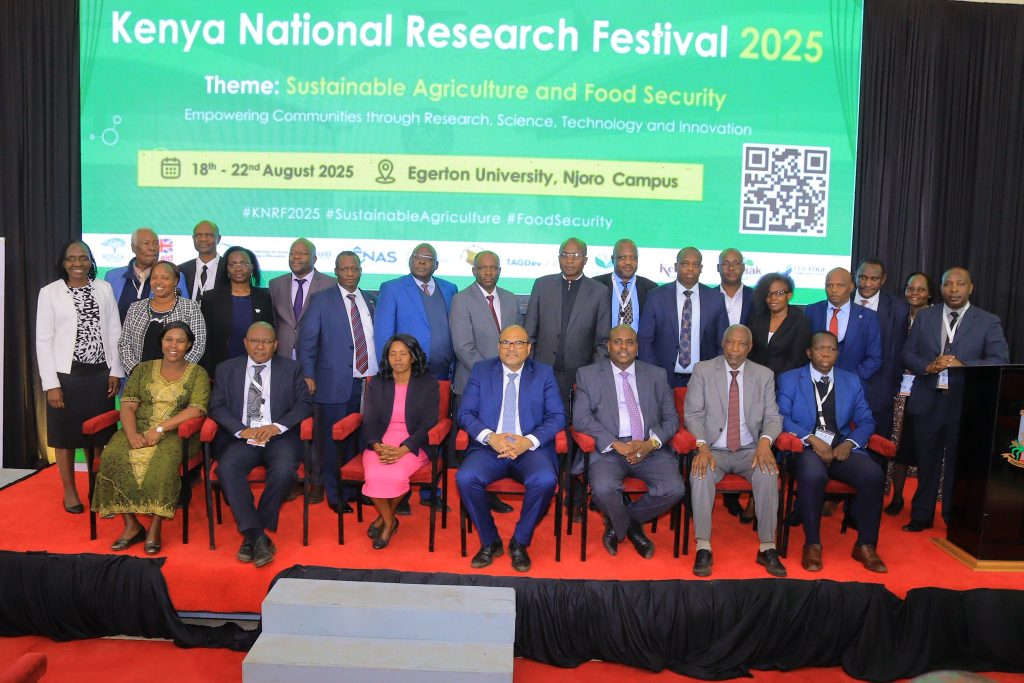
The festival’s theme, ‘Sustainable Agriculture and Food Security: Research with Impact, Communities Empowered,’ reflects Kenya’s push to align research with national priorities, including Vision 2030, the Bottom-Up Economic Transformation Agenda (BETA), and the Sustainable Development Goals (SDGs).
“Research must uphold human dignity and innovation must be inclusive for all. We must confront climate volatility, food insecurity, and persistent inequalities with science that transforms lives,” said Prof. Abdulrazak.
Founded in 1939, Egerton University in Njoro is one of Kenya’s oldest agricultural research institutions, credited with developing drought-tolerant maize and promoting disease-resistant Sahiwal cattle—a breed refined by Egerton and the Kenya Agricultural and Livestock Research Organization (KALRO) to boost yields and improve smallholder livelihoods.
Yet uptake of such research has been uneven, with many smallholder farmers still struggling to access new technologies.
Kenya currently invests about 0.8% of its GDP in research and development, according to the Kenya National Bureau of Statistics. This is below the African Union’s target of 1% and well short of the global average of 2.2%.
Organizers say the festival seeks to link institutions, policymakers, and farmers more directly.
Among the innovations on display are advances in indigenous vegetable value chains, which researchers say are already boosting nutrition and incomes in local communities.
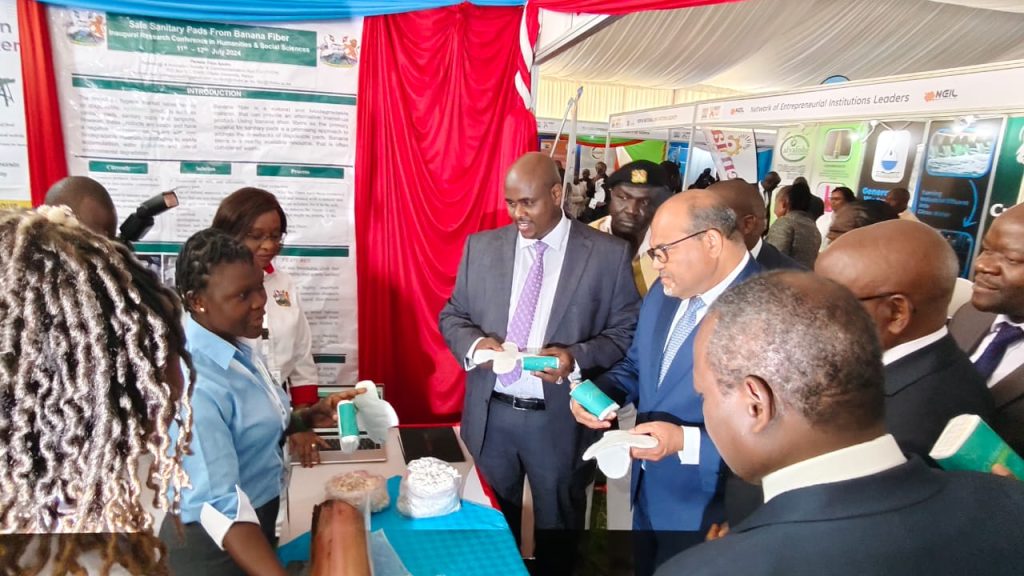
Running until August 22, the festival features exhibitions, policy forums, and youth dialogues aimed at catalyzing partnerships and inspiring the next generation of researchers.
Prof. Abdulrazak urged young people to pursue careers in STEM and agricultural sciences, describing the event as an opportunity to “ignite imagination and prepare a new generation of innovators.”
The festival is hosted by Egerton University in collaboration with the National Research Fund, the Nakuru County Government, and other partners.

